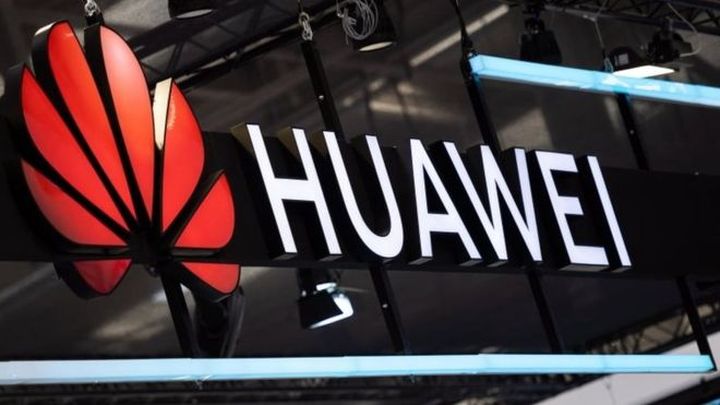Google Suspends Cooperation with Huawei
Google has decided to suspend cooperation with Chinese smartphone manufacturer Huawei. The decision was made in connection with the recent steps of the US administration - the inclusion of the latter company on the blacklist of entities that must obtain government approval to use American technology.

IN A NUTSHELL:
- Google has suspended cooperation with Huawei;
- The Chinese company's smartphones will have to use the open source version of Android, which is devoid of many important functions;
- The decision was taken in the light of the steps taken by the US government;
- The case is related to the high-profile allegations of espionage.
Reuters reports that Google has suspended its cooperation with Huawei. The decision is linked to the steps taken by the US Department of Commerce - more specifically, the inclusion of the Chinese smartphone manufacturer on the black list of companies that can only buy US components and technology solutions if they receive government approval. The relevant regulation was signed by President Donald Trump on May 15.
“We are complying with the order and reviewing the implications,” the Google spokesperson said to Reuters. “For users of our services, Google Play and the security protections from Google Play Protect will continue to function on existing Huawei devices,"
The situation of the Chinese company in Western markets became unstable in February last year when several intelligence agencies accused the company of spying on users. In January 2019, the US government made official accusations against Huawei, which were extended a month later by additional charges. In response, the Chinese would sue the U.S. government.
Google's decision (or rather the US administration) should not have a negative impact on the current users of the Chinese company's devices, but in the future, they may face considerable problems - new phones will have to use the open source version of Android (Android Open Source Project). This means that access to some services will be made more difficult (for the time being it is unknown which ones, this matter is reportedly still under debate in Google) and that various updates, including critical security patches, are delivered more slowly. The problems will also affect European users (Huawei operates on the basis of a license agreement signed with Google).

It is worth noting that the Chinese are already working on their own operating system, but it is difficult to say when it will be ready, and its creation will probably not improve the situation of the company in the key American market anyway - due to the nature of the case, the US can easily find further security gaps in the software and prohibit its use in the country. What's more, the decision made by Google is only the beginning of the Chinese manufacturer's problems, as it also cooperates with other American companies, such as Qualcomm, Intel, Xilinx or Broadcom. So far, the companies have supplied the Group with key components (for example, the first one manufactures processors for mobile devices) and have already announced that they will comply with the regulation of the US administration.
Huawei hasn't commented on the case yet. We only know that the employees and lawyers of the company analyze the situation.
- Top Roblox YouTuber IANROCKS’s channel has been suspended. Other creators are worried, “All my hard work could just get nuked one day, and I’d have to start from scratch”
- YouTuber loses channel to AI error, wins legal battle, but YouTube still ignores him
- Discussion about AI label on Steam continues. “The dev is being punished for their naive honesty”
0
Latest News
- This is expected to be the biggest year in the company's history. Blizzard prepares an offensive that will overshadow previous years
- Bethesda envied CD Projekt RED? Starfield may undergo a Cyberpunk 2077-style metamorphosis
- Season 2 has just started, and Todd Howard is already writing the script for the third one. Fallout 5 will be changed by the TV show
- 5 games to grab on Amazon Prime Gaming. Among them, a collection of RPG classics
- My experience attending the 2025 Game Awards, and why I loved it

